
I have already mentioned that I often give presentations at professional thematic conferences. Parallel to this, I am more often accepting invitations to events with a wider audience. I gladly accept these kinds of invitations, sometimes even without fee, if I am particularly passionate about the topic of conversation.
In the last decade, podcasts have been increasingly popular around the world and more and more so here at home too. I too have an independent podcast on one of the most well known professional forums – Portfolio Checklist. It focuses on the luxury industry’s news, insights and tendencies and I am delighted that more and more people are listening to the series.
US President Donald Trump’s latest package of tariffs has also targeted the European luxury industry, but the situation is not dramatic. However, US is a key market for the luxury industry and the impact of tariffs can vary significantly by segment and even brand (from 11:45)

Donatella Versace is stepping down as creative director of Versace and will be replaced by former creative director of Miu Miu, part of the Prada group, Dario Vitale, increasing rumours that Prada may acquire Versace. (starting from 13:08)
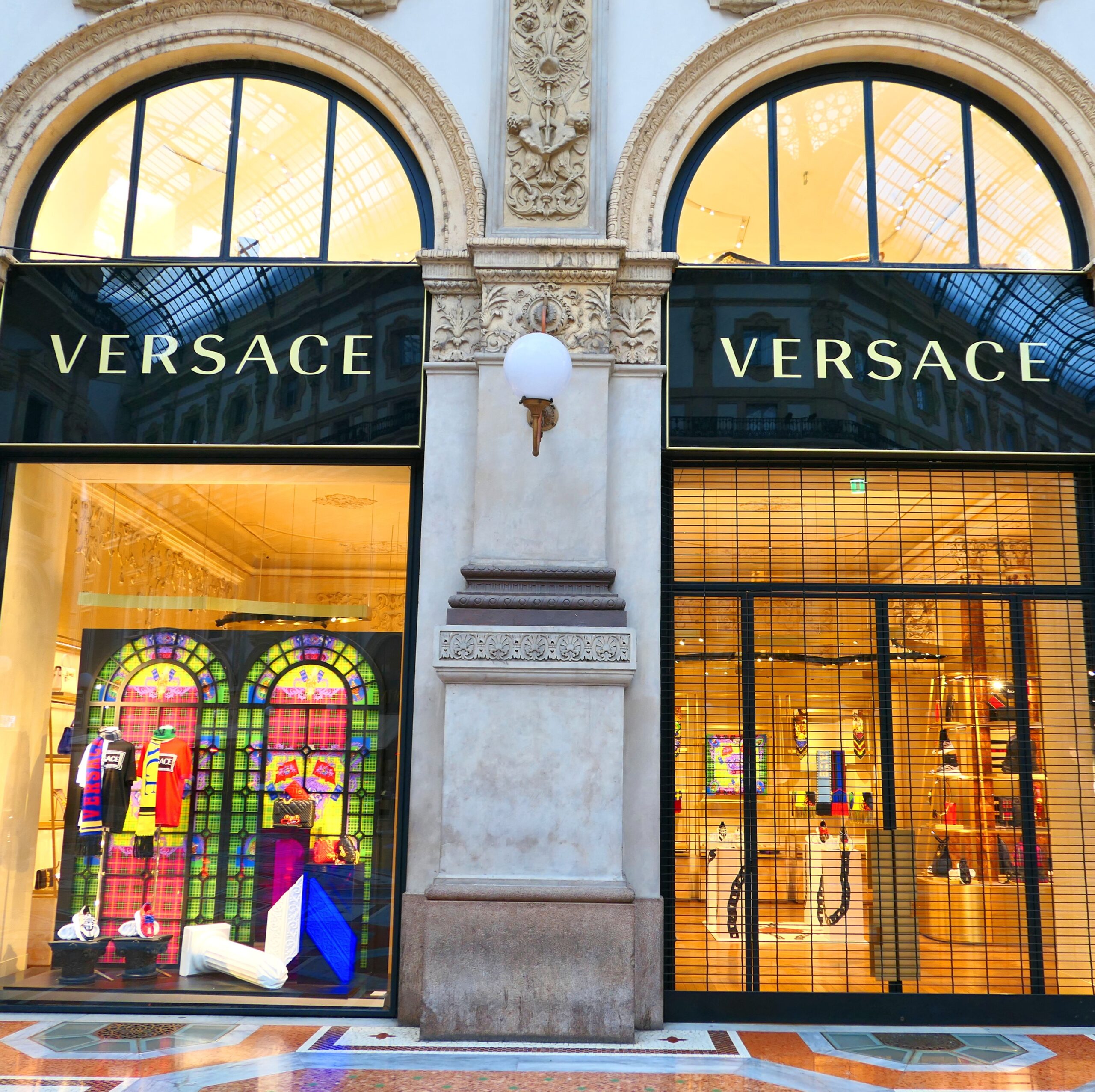
It has been a very difficult year for the luxury industry, which is surprising compared to what we expected from this €1,500 billion sector at the beginning of 2024. While there are some brands that have seen sales soar, the majority have stagnated or even failed to do so.

The second segment of the show focused on the first quarter performance of the global luxury industry, and we asked Ilona Orbók, luxury industry expert and Managing Director of BDO Hungary, about the mixed figures.

Will diamonds be considered bijoux because of synthetic stones? Why and how is the US Walmart trying to break into the luxury sector? And how will the expectations of the luxury goods market at the beginning of the year become reality? These were among the topics discussed in this episode of Hype, Portfolio’s luxury podcast.

Luxury market: how big is the market, what sectors are involved, who are the players, who are the consumers, how is the market performing and what are the prospects for this year?

In the first part of the show, we tried to find out why Sylvester Stallone’s recent sale of a very rare Patek Phillippe wristwatch was considered a cardinal offence.

In our latest podcast on the luxury industry, we talked about the bankruptcy of MatchesFashion, China, Cartier earrings bought at a 99.9% discount, whether Zara has a chance of breaking into the luxury market and who’s eye is being stung by hotel slippers.
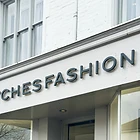
If Gucci is not doing well, why is its owner buying a billion euro property in Milan? Is the luxury industry looking at China? Why are so many companies in the luxury online retail segment dying, and what niche market have airports seen in luxury?

Our main topic on the show was the saga of the Fiat heiress Agnelli family, as the drama over inheritance has recently entered a new phase: the granddaughter of Fiat founder Giovanni Agnelli, Margherita Agnelli, has reported her son to the Italian authorities.
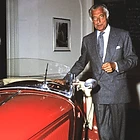
The main topic of the programme was the transformation of the diamond market, where synthetic stones produced in the laboratory could turn the sector upside down. Other topics included Amazon’s entry into the European second-hand luxury goods market and why you shouldn’t bury the more expensive watchmakers.

Among other topics, the podcast featured Francoise Bettencourt Meyers, who recently became the first woman to have a fortune of over $100 billion, but also talked about the annual programmes attended by the ultra-rich, the Farfetch crisis and how a Moroccan gardener and his family became the majority owners of Hermès.
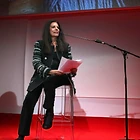
In Spirit FM’s economic magazine, we talked about the value of the luxury industry with Egon Rónai.
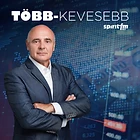
The third edition of Portfolio Checklist’s luxury industry special, focusing on Christmas.

We spoke to our resident luxury industry expert, Ilona Orbók, Managing Director of BDO Hungary, about Ivana Trump’s New York luxury mansion advertised at a discount, the Bloomberg Subdial Watch Index at a two-year low, and a not-so-limited edition Ferrari found by the NAV in a garage in Pécs, Hungary.

The first special edition of Hype, Portfolio Checklist’s luxury industry special, in which we explore the industry’s top news with sector expert Ilona Orbók.
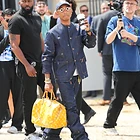
Ilona Orbók was asked about the Hungarian business environment, the challenges of start-ups and why the luxury goods market is a key area of interest and study for her.

My podcast speaks to a wide range of listeners. In contrast to this, I also publish works and analysis, primarily about tax, on professional online communities aimed at a smaller audience. I am a regular contributor to one of the leading specialized tax forums. I always aim to interconnect any questions about tax, and highlight their role in an economic, social, and sometimes political context.